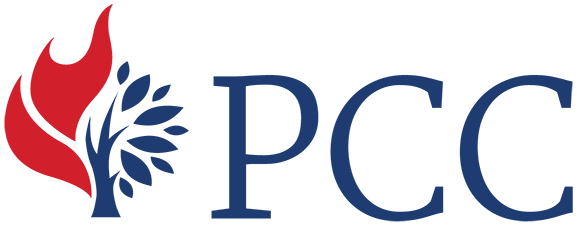Concern about proposed amendments to education policies and legislation that affect LGBTQI+ people in Canada, especially transgender and non-binary children and youth
Background:
In recent months, some provinces have adopted policies requiring parental permission for children and youth to change their first name and pronouns while at school. Other provinces are considering similar action. These changes withdraw existing safety and legal protections for 2SLGBTQIA+ people, particularly transgender and non-binary youth, who are most directly affected by these new changes.
In the affected provinces, New Brunswick and Saskatchewan, professional bodies tasked with caring and advocating for children, especially vulnerable children, oppose these new policies. Such bodies include, for example, the New Brunswick Child and Youth Advocate, the Saskatchewan Advocate for Children and Youth, and a union representing psychologists and social workers working with children in New Brunswick schools. They state the new policies are likely to cause significant harm, especially to trans and non-binary children and youth, for whom it may not be safe to be “out” to their families.
Organizations advocating new policies that remove from children and youth their ability to self-identify their gender have contacted the church’s offices asking that The Presbyterian Church in Canada lend its support to the new, limiting legislation or similar efforts, some of which are based on exaggeration or misinformation. These requests are impossible to grant as they are contrary to the church’s statements. Also, overwhelmingly, professional associations of social workers, educators, and psychologists agree that forcing children and youth who identify as trans or non-binary to conform to the gender they were assigned at birth significantly harms them.
We affirm that the church is called to seek and advocate for justice. Living Faith reminds us that justice involves protecting the rights of others; protests against everything that destroys human dignity; involves the protection of human beings; opposes prejudices in every form, rejects discrimination, stands with our neighbours in their struggle for dignity and respect and demands the exercise of power for the common good. (Living Faith section 8)
The Presbyterian Church in Canada has affirmed that all people, whatever their sexual orientation or gender identity, are equally beloved by God (A&P 2021, p. 617), so we affirm that regardless of one’s beliefs about an individual’s gender identity, that individual is beloved of God. Above all, the church is called to love God and our neighbour as ourselves. Vulnerable trans and non-binary children and youth, beloved of God, are not only our neighbours but are also part of who the church is—and whatever we do to the least of these, we do it to Christ.
The circumstances raised by this matter are complex; families and individuals in the church address and respond to them differently. In some instances, children and parents may openly discuss many things, while in other instances, some children need more time and space before speaking with their families about important concerns. The proposed legislation removes existing protections from children who fall into this latter category. Parents, in caring for their children, are mediators of God’s love and discipline, so they have high and holy responsibilities. They are called to raise their children within the covenant community (Living Faith section 8)—the church.
And as a church, we have made a public Confession before God and to LGBTQI people for having “enacted policies and adopted customs that have dehumanized and harmed LGBTQI people… [that] led many people to believe they have to choose between embracing their sexuality and gender identity or being a part of the church.” The Confession issued the call to stop causing harm and begin a new journey. Trans and non-binary children and youth are members of the LGBTQI community to whom the church apologized and members of the church’s wider community. The church is called to protect them, oppose discrimination against them, and stand with them in their need for human dignity.
***
The General Assembly has encouraged congregations to consider responses in their local communities to acts of hate and harm towards the LGBTQI+ community (A&P 2023, p. 23). Congregations and individuals are thus encouraged to consider ways they may support trans and non-binary youth at this time. This may include contacting locally elected officials in your province regarding protections for trans and non-binary students. Additionally, reach out to local LGBTQI+ groups to learn how you might help create safer spaces for trans and non-binary youth in your community or give public witness.
Visit the Social Action Hub to learn more about the church’s work supporting LGBTQI+ people, and for resources to better support LGBTQI+ people within the church.
A fund is available for counselling for those harmed by homophobia and transphobia within the church. For more information, contact Carragh Erhardt (Program Coordinator, Sexuality and Inclusion) at 1-800-619-7301 ext. 278.
Response to September 20 protests regarding gender identity and school policies


